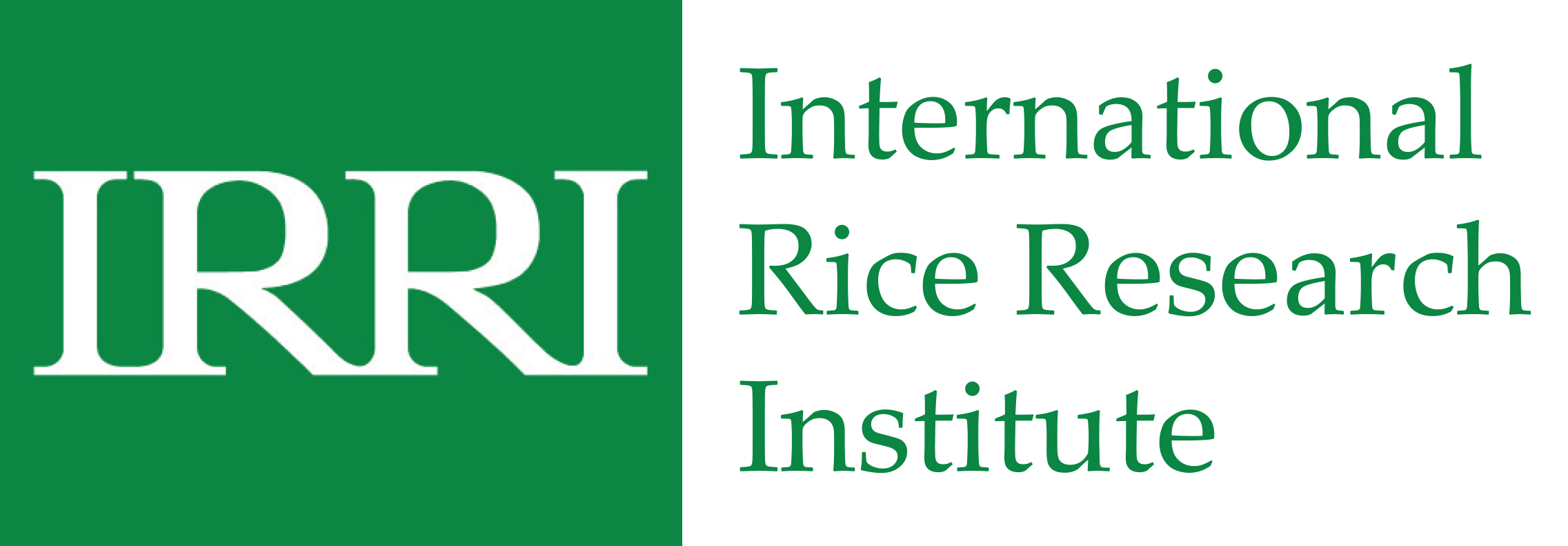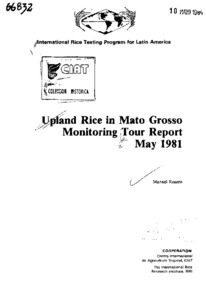Location
Metro Manila 1301
Philippines
IRRI aims to improve livelihoods and nutrition, abolishing poverty, hunger and malnutrition among those who depend on rice-based agri-food systems. In doing so, IRRI’s work protects the health of rice farmers and consumers, and the environmental sustainability of rice farming in a world challenged by climate change. IRRI’s work promotes the empowerment of women and supports opportunities for youth in an equitable agri-food system.
Our goals
Our research agenda and policies are determined by a board of trustees, guided by input from our partners, donors, end users such as farmers, and our staff.
- Reduce poverty through improved and diversified rice-based systems.
- Ensure that rice production is stable and sustainable, does minimal harm to the environment, and can cope with climate change.
- Improve the nutrition and health of poor rice consumers and farmers.
- Provide equitable access to information and knowledge on rice and help develop the next generation of rice scientists.
- Provide scientists and producers with the genetic information and material they need to develop improved technologies and enhance rice production.
Members:
Resources
Displaying 6 - 10 of 14Environment and livelihoods in tropical coastal zones: managing agriculture, fishery, aquaculture conflicts
Synthesis of methodology development and case studies
The .Systems Research Network for Ecoregional Land Use Planning in Support of Natural Resource Management in Tropical Asia (SysNet). was financed under the Ecoregional Fund, administered by the International Service for National Agricultural Research (ISNAR). The objective of the project was to develop and evaluate methodologies and tools for land use analysis, and apply them at the subnational scale to support agricultural and environmental policy formulation. In the framework of this project, the land use planning and analysis system LUPAS was developed.





